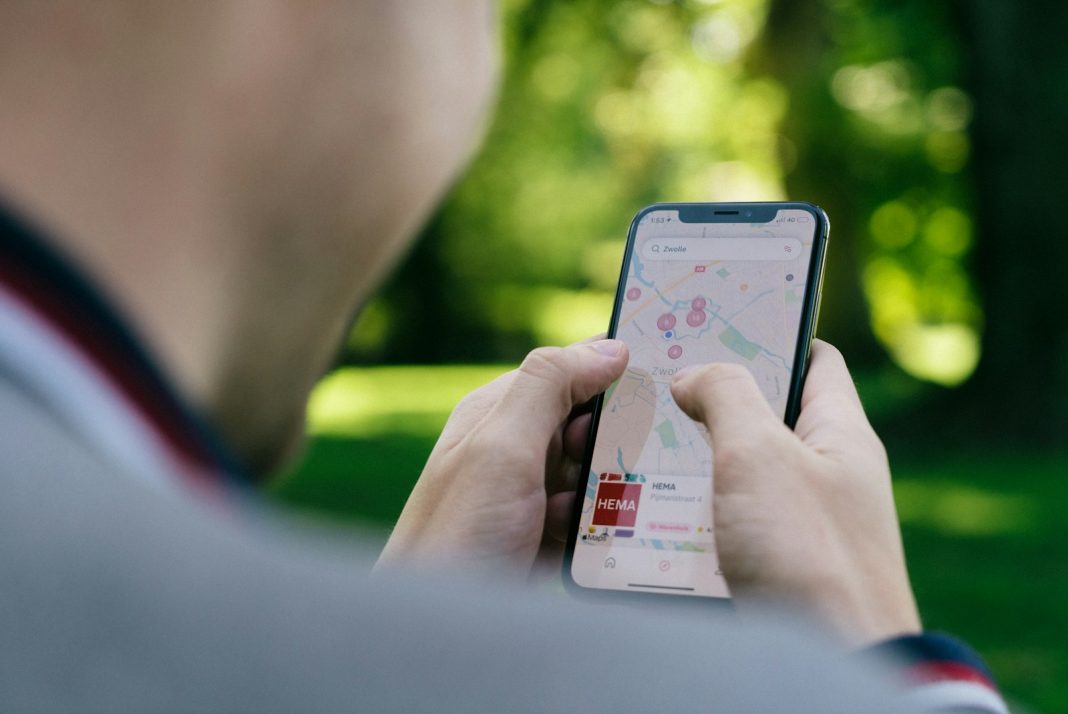In a much-anticipated move, Apple introduced Rich Communication Services (RCS) with the release of iOS 18, a decision heralded as a significant enhancement for messaging between iPhone and Android users. This update aimed to bridge the longstanding communication gap between the two platforms, but as users have discovered, the integration is not without its complications.
Understanding RCS
To grasp the implications of this update, one must first understand what RCS entails. Rich Communication Services is an advanced messaging protocol that enhances the traditional Short Message Service (SMS) with features such as typing indicators, high-quality media sharing, improved group chat functionalities, and enhanced security protocols. Unlike SMS, which is limited in capabilities, RCS aims to provide a seamless messaging experience akin to Apple’s iMessage but across different operating systems.
While RCS is available on many Android devices, its functionality relies heavily on the compatibility of the messaging apps being used. If both an iPhone user and an Android user have RCS enabled, their conversations can mirror the efficiency of iMessaging. However, significant challenges remain.
Security Concerns: A Major Shortcoming
One of the most pressing issues with RCS on iOS is the lack of end-to-end encryption. Currently, messages exchanged via RCS between iPhones and Androids are not encrypted, leaving conversations vulnerable to interception. This is a departure from what users might expect from the RCS protocol, which has been marketed as a secure messaging alternative.
Traditionally, iPhone users have relied on encrypted messaging services like iMessage, Signal, and WhatsApp for secure communications. While the integration of RCS on iOS is a step forward, the absence of encryption means that users should remain cautious about the security of their conversations when communicating with Android devices.
The GSM Association, which oversees the development of RCS, has indicated that end-to-end encryption is in the pipeline for iOS. This development could provide a layer of security that many users have come to expect, but until such updates are rolled out, RCS messages will remain at risk.
User Experience: Connectivity and Features
In addition to security concerns, RCS on iOS is currently marred by connectivity issues. Users have reported difficulties sending messages when Wi-Fi signals are weak, despite the fact that RCS is designed to function over cellular networks as well. This inconsistency can lead to frustration, particularly when users are accustomed to the reliability of iMessage.
Moreover, certain features present in other messaging applications are either underwhelming or absent in the RCS experience on iOS. For instance, users have noted that stickers sent from iPhones to Android devices tend to disappear shortly after being sent. Scheduled messaging—a new feature introduced in iOS 18—only functions effectively when all participants are using Apple devices, thus limiting its utility in mixed-platform group chats.
Group Chat Dynamics: A Cultural Shift
Another aspect to consider is how group chats are managed in an RCS environment. Android users are accustomed to naming group chats in a way that only they can see. However, this feature does not translate when communicating with iPhone users. In iOS, group chat names are visible to all participants, meaning that any changes made to the group name will be universally recognised. This could lead to potential embarrassment for users unfamiliar with this distinction.
As RCS continues to evolve, it is imperative for users to be mindful of these differences. The ability to modify group chat names without revealing them to other members is a feature that Android users might take for granted, yet it becomes a point of contention in mixed-device conversations.
A Call for Improvements
While the rollout of RCS on iOS marks a notable advancement in cross-platform communication, significant hurdles remain that could impede user satisfaction. Security, connectivity issues, and user experience all require further attention from Apple to fully realise the potential of this messaging protocol.
The promise of a more integrated messaging experience between iPhone and Android users is tantalising. As Apple continues to refine its implementation of RCS, there is hope that future updates will address these shortcomings, ensuring a secure, seamless, and enjoyable messaging experience.
In conclusion, while RCS on iPhone represents a significant step toward bridging the communication divide, users must navigate its current limitations with caution. As we await improvements and updates, the evolution of messaging services will undoubtedly shape the future of digital communication in an increasingly interconnected world.


